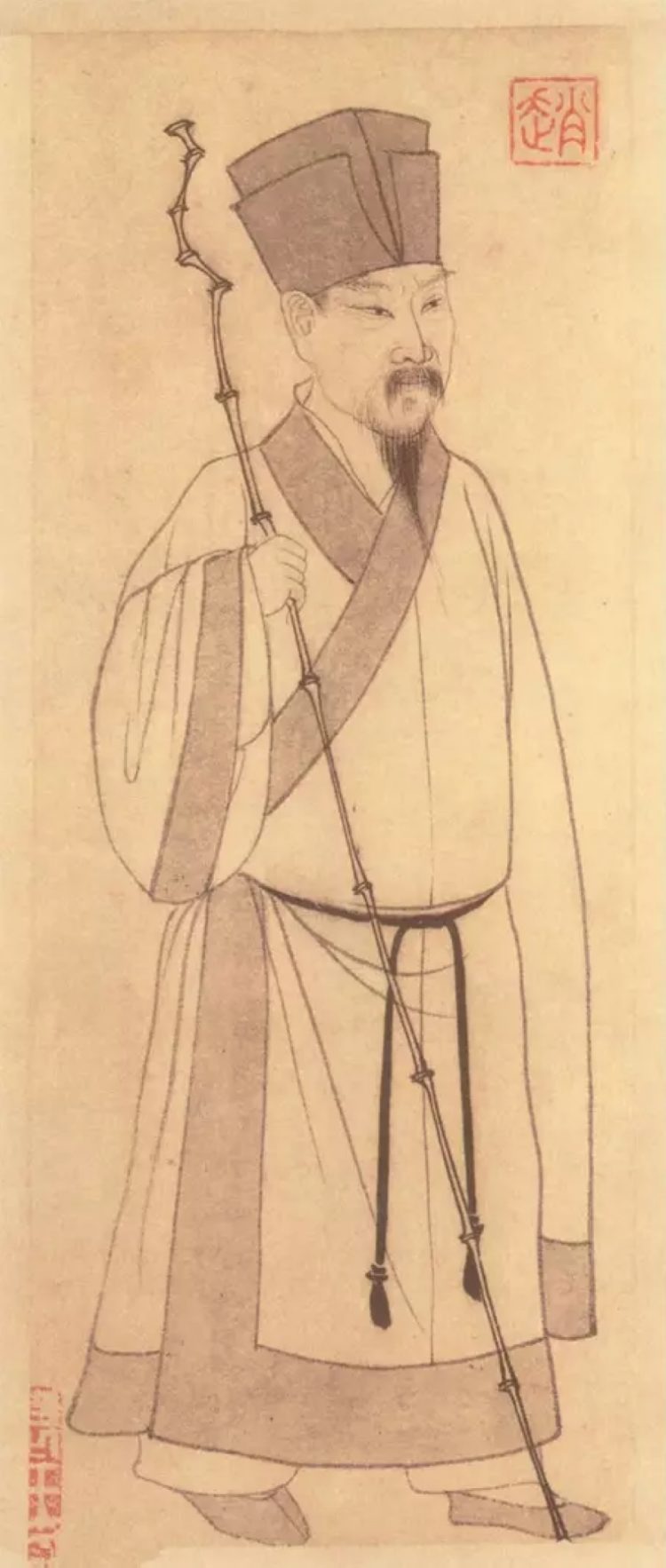"Written on the Wall at West Forest Temple" (《题西林壁》) (1084), in Selected Poems of Su Tung-p'o, trans. Burton Watson (Port Townsend, Wash.: Copper Canyon Press, 1994), p. 108
Su Shi: Cytaty po angielsku
"Dreaming of My Deceased Wife on the Night of the Twentieth Day of the First Month" (《江城子·乙卯正月二十日夜记梦》), in Song of the Immortals: An Anthology of Classical Chinese Poetry, trans. Yuanchong Xu (Beijing: New World Press, 1994), p. 202
"The West Lake, the Beauty" (《饮湖上初晴后雨》) (1073), in Song of the Immortals: An Anthology of Classical Chinese Poetry, trans. Yuanchong Xu (Beijing: New World Press, 1994), p. 200
“Life is like a spring dream which vanishes without a trace.”
As quoted in Six Records of a Floating Life by Shen Fu, Chapter 1: 'Wedded Bliss'; translated by Lin Yutang in The Wisdom of China and India (1942), p. 968
Variant translation:
Life passes like a spring dream without a trace.
Lin Yutang, The Importance of Living (1937), p. 156
